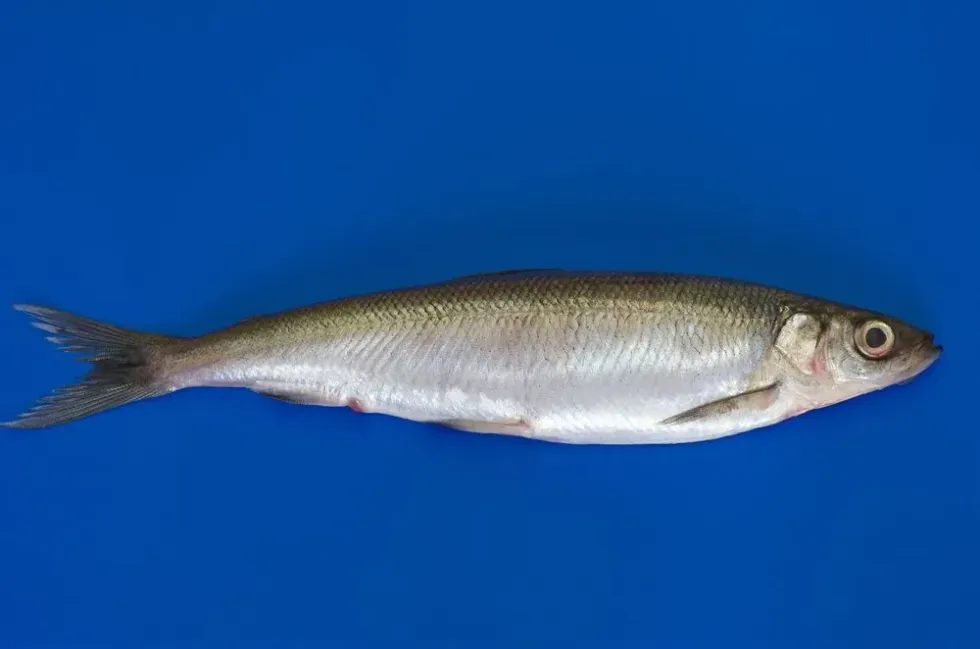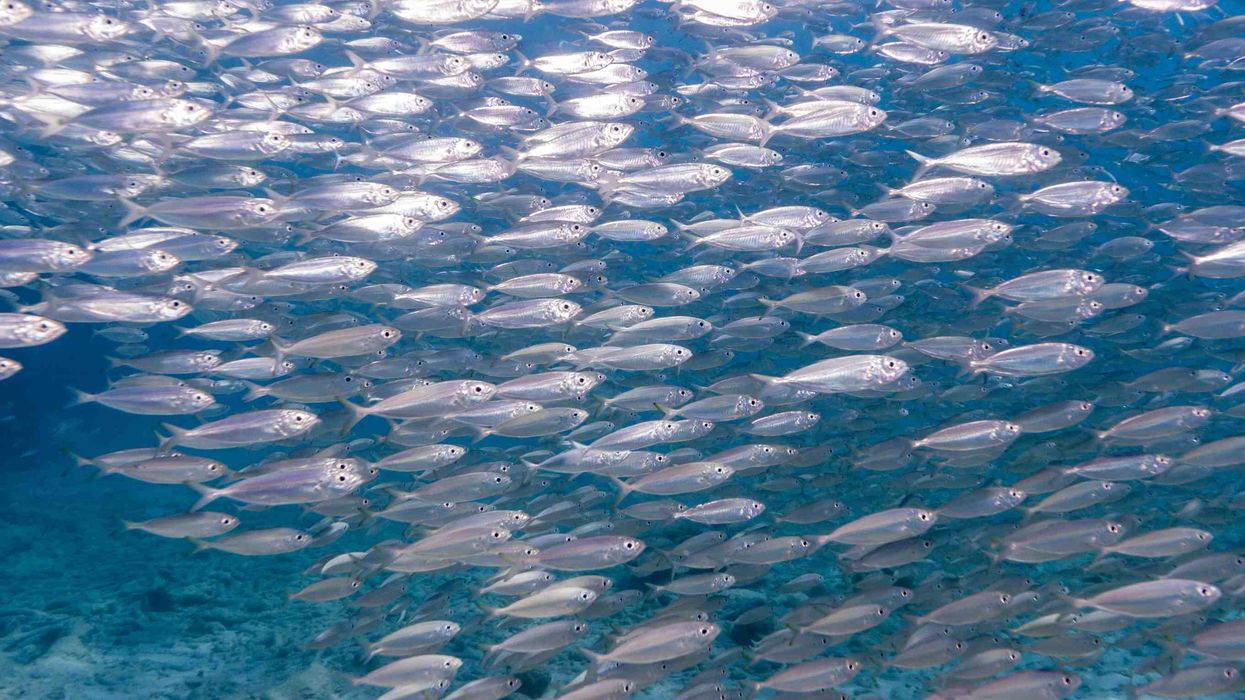If you go looking for this small fish, you might not find it! Which fish is it?
It is the Vendace fish, UK's rarest freshwater fish. With the common name Whitefish Vendace fish, this small species is now only naturally found in the Bassenthwaite lake.
Discovered by Sir John Richardson, the name Vendace came from the Latin word for common. As irony would have it, by the 1960s, at the height of the industrial revolution, this 'common' fish became so uncommon that not even expert fishermen could catch one.
For the longest time, it had been believed to be extinct from its natural habitats like the Bassenthwaite lake and more and had been declared so in 2008. However, in a surprising turn of events, the common whitefish was spotted in these waters in 2014, putting it back on the map.
However, just because it is back on the map, does not mean it will be for much longer. Its biggest threat is eutrophication, which kills the zooplankton it eats.
It is also threatened by invasive species such as the Smelt fish, who routinely eat the Vendace larvae, further driving down their numbers. Though there have been some attempts of reviving their numbers ex-situ, there has not been much progress in that area.
Want to know more about such rare fish? Then check out the Chinese paddlefish and the sucker fish.
Vendace Fish Interesting Facts
What type of animal is a Vendace Fish?
The Vendace species is a type of fish.
What class of animal does a Vendace Fish belong to?
The Vendace species belongs to the fish class and the family Salmonidae.
How many Vendace Fish are there in the world?
Due to a lack of research, there is no fixed number of their populations. However, it has been studied that their numbers are steadily declining over the years/threatened by certain factors.
Where does a Vendace Fish live?
The Vendace lives in freshwater rivers and deep, cold lakes. They include the Bassenwaithe lake and other small lakes in the Northern British Isles.
What is a Vendace Fish's habitat?
The Vendace species lives in deep, cold lakes in and around the British Isles. Other species used to live in England and Scotland too, but those populations are now extinct.
Who do Vendace Fish live with?
The Vendace population prefers living on their own. Since their population is already so small, they can live alone in British lakes (such as the Bassenthwaite lake) and more.
How long does a Vendace Fish live?
The Vendace species lives for about six years in the wild. In the wild, their habitat is in the Bassenthwaite lakes in England, Europe.
How do they reproduce?
The female of this species will lay eggs, and the male will fertilize them. There is a hatching period of a month, after which the small fry becomes free swimming.
What is their conservation status?
According to the IUCN Red List, this is an Endangered fish species.
Vendace Fish Fun Facts
What do Vendace Fish look like?
The Vendace species are bluish-green in color, often appearing gray. These whitefish species have prominent fins and beady black eyes.

*Please note this is an image of a whitefish from the same Coregonus family as the Vendace. If you have an image of a Vendace, let us know at hello@kidadl.com.
How cute are they?
They are not a very cute Whitefish species at all.
How do they communicate?
The Vendace species communicates through the chemicals in their bile and urine.
How big is a Vendace Fish?
The Vendace is 8 in long, making it almost as big as the Queen Cichlid.
How fast can a Vendace Fish swim?
The Vendace lives in deep, cold lakes and sluggish water, and as such, does not swim very fast.
How much does a Vendace Fish weigh?
The Whitefish Vendace weighs approximately 550 g on average.
What are their male and female names of the species?
There is no specific name for the male and female of the Whitefish Vendace.
What would you call a baby Vendace Fish?
There is no particular name for the Whitefish Vendace. The baby fish are known as fry, just like with any other fish species.
What do they eat?
The Whitefish Vendace primarily eats plankton and other microscopic creatures.
Are they dangerous?
No, the Whitefish Vendace roe is not dangerous to anyone.
Would they make a good pet?
Due to its endangered status in England, Europe, Scotland, and the British Isles, it is illegal to have these whitefish as pets.
Did you know...
Sir John Richardson had discovered this bluish-green, small fish in Bassenwaithe lake in 1890. Since then, it has now become UK's rarest freshwater fish. In addition to this fish, Sir John Richardson also has four reptiles to his name.
The word Vendace is pronounced as Ven-dis/deys.
Do people eat Vendace Fish?
One of the minor reasons the Vendace populations took a dip is because humans enjoyed eating fried Vendace. Due to its state as a rare species, its meat was even more prized, which led to a hunting spree that killed a lot of its numbers.
Vendace Fish vs Smelt Fish
The Smelt fish is the biggest invasive species in England, which eats the larvae of the Vendace in lakes, causing its population to decline significantly in Scotland and the British Isles over the years.
Here at Kidadl, we have carefully created lots of interesting family-friendly animal facts for everyone to discover! Learn more about some other fish including Siamese fighting fish, or the Piranha fish.
You can even occupy yourself at home by drawing one on our Vendace fish coloring pages.










